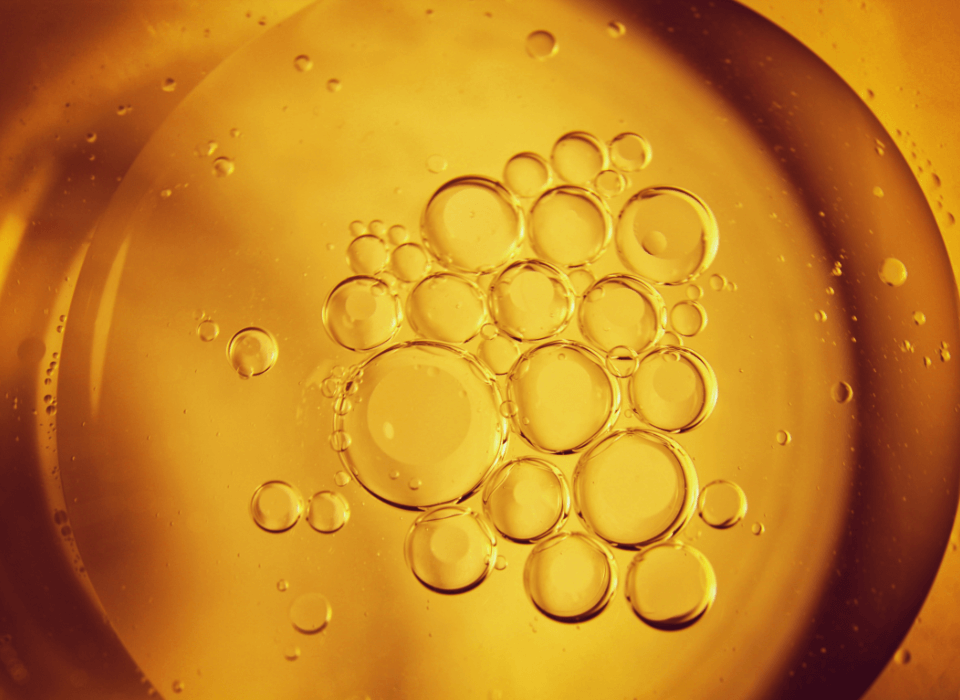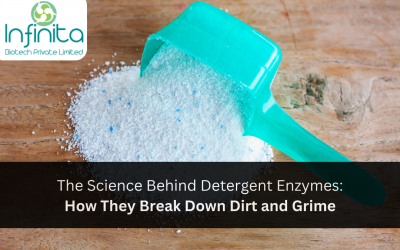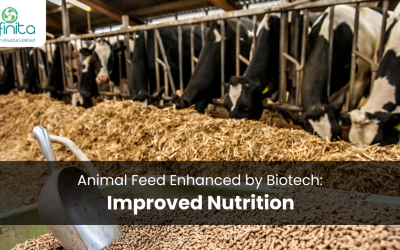Enzymes for Biodiesel

Biodiesel is a renewable energy source unlike other petroleum products that will vanish in years to come. It can be produced on demand and causes less pollution compared to petroleum diesel. Biodiesel is simple to use, biodegradable, non – toxic, and essentially free of sulphur and aromatics.
The use of biodiesel helps reduce dependence on finite fossil fuel reserves, while its emissions have decreased levels of hydrocarbons and nitrated compounds that have been identified as potential cancer-causing compounds. Biodiesel is typically made by chemically reacting lipids with an alcohol producing fatty acid esters.

With extensive R&D, specialised enzymes complexes have been developed for esterification of the oils to produce biodiesel. In the enzymatic process, there is no soap and no caustic formation. Less than tenth of the energy consumed in the chemical process is required in the Enzymatic process. The enzyme provides plant flexibility and it allows expanding the feedstock selection to multi-functional plants working with cheaper feedstocks. The major economic benefit of enzymes comes in their ability to handle a variety of inexpensive and high FFAs feedstocks such as Brown Grease, Acid Oils, Used Cooking Oil, Animal Fat, etc
Biodiesel is a renewable energy source unlike other petroleum products that will vanish in years to come. It can be produced on demand and causes less pollution compared to petroleum diesel. Biodiesel is simple to use, biodegradable, non – toxic, and essentially free of sulphur and aromatics.
The use of biodiesel helps reduce dependence on finite fossil fuel reserves, while its emissions have decreased levels of hydrocarbons and nitrated compounds that have been identified as potential cancer-causing compounds. Biodiesel is typically made by chemically reacting lipids with an alcohol producing fatty acid esters.


With extensive R&D, specialised enzymes complexes have been developed for esterification of the oils to produce biodiesel. In the enzymatic process, there is no soap and no caustic formation. Less than tenth of the energy consumed in the chemical process is required in the Enzymatic process. The enzyme provides plant flexibility and it allows expanding the feedstock selection to multi-functional plants working with cheaper feedstocks. The major economic benefit of enzymes comes in their ability to handle a variety of inexpensive and high FFAs feedstocks such as Brown Grease, Acid Oils, Used Cooking Oil, Animal Fat, etc
Our Solutions

LIPASE COMPLEX ENZYMES
Our specialised Lipase Complex Enzymes for esterification of edible and non – edible Oils can be utilised to produce biodiesel.

Eco-Friendly

Efficient
Esterification

Highly Specific
Lipase

Eco-Friendly

Efficient Esterification

Highly Specific Lipase
Related Articles
The Science Behind Detergent Enzymes: How They Break Down Dirt and Grime
Detergent enzymes have revolutionized the cleaning industry, providing a powerful and efficient way to break down dirt and grime. Understanding the science behind these enzymes is crucial in appreciating their effectiveness and potential for future developments. In...
Animal Feed Enhanced by Biotech : Improved Nutrition
Introduction The realm of animal nutrition has been revolutionized by biotechnology, offering groundbreaking solutions to enhance feed efficiency and animal health. This article delves into the latest biotech advancements in animal feed, exploring their impact on...
Role of Enzymatic Cleaners in the Disinfection Process
Have you ever wondered how disinfectant sprays clean? Enzymatic cleaners play a significant role in doing so! These enzymatic cleaners are used in disinfectants and are majorly used for cleaning wounds, floors, bathrooms, etc. Although disinfectants are not new to...
QUICK LINKS
HOME
ABOUT
CERTIFICATIONS
BLOGS
MEDIA
CAREERS
FAQs
CONTACT
PRODUCTS
© 2024, Infinita Biotech Private Limited. All rights reserved.
Designed by Kerkar Media



